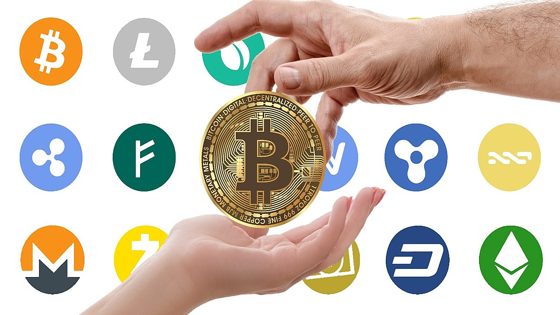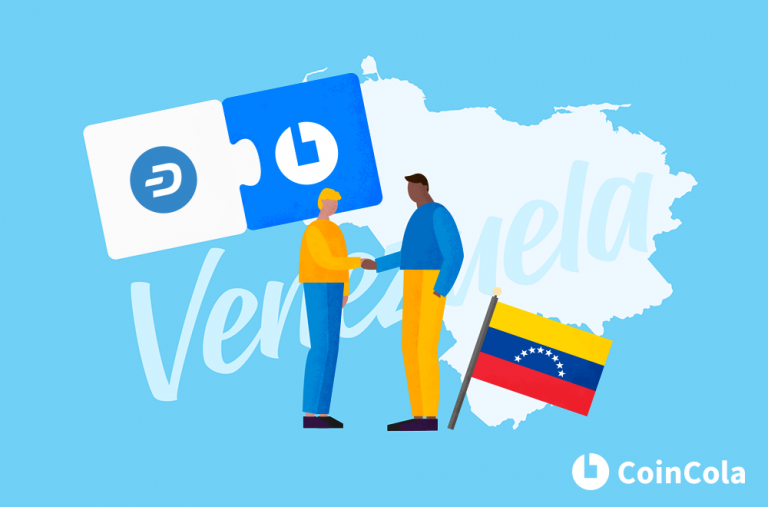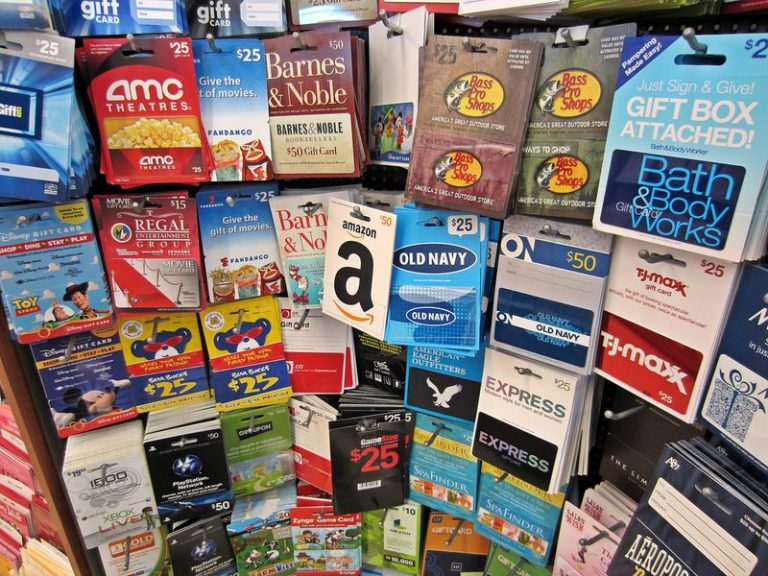Bitcoin Trading in Venezuela: A Complete GuideBitcoin Trading en Venezuela: Una guía completa
Since early 2014, Venezuela’s economy has in a steep decline and as of November 2016, it had entered into a state of hyperinflation; the bolivar has depreciated in value so much that Bitcoin has become an extremely popular means for the population to circumvent the economic crisis and survive.
For consumers in Venezuela, consumer prices have leaped almost 500,000 percent according to estimates and furthermore, the government recently issued a 100,000 bolivar note, which at black-market rates was worth less than 50 US cents.
Cryptocurrency research firm Diar found that monthly bitcoin trading volumes had risen from approximately $1 million USD in January of 2017, to around $17 million USD in August 2018, falling in line with when Venezuela’s inflation surpassed 50% per month in November 2016.
Empowerment with Cryptocurrencies
As a result, cryptocurrencies such as bitcoin and Dash have become staples in the damaged economy and additionally, over-the-counter (OTC) cryptocurrency trading services such as CoinCola have become an essential part of this movement with thanks to their ease-of-access and simplistic peer-to-peer (P2P) trading platforms; statistics provided by Coin.Dance display the exponential growth of bolivars exchanged for bitcoin on OTC platforms.
Venezuelans are opting to store the value of their currency on platforms such as CoinCola as they provide an immediate way for users to switch from bolivars to crypto, and vice versa. The reason being that because the bolivar is in such sharp decline, spending in Bolivar has to be done as quickly as possible, making OTC solutions an essential part of an individuals economic strategy.
Dash is the latest cryptocurrency to proactively engage the crisis by rolling out several services and promotions to aid local businesses and consumers; presently around 2000 merchants now utilize Dash in their grocery stores, restaurants and so on.
According to the Centre for Strategic & International Studies (CSIS), charitable cryptocurrency technology initiatives such as EatBCH and Bitcoin Venezuela have significantly eased the strain by taking cryptocurrency donations and providing food to thousands of Venezuelans daily.
State-Backed Crypto
In January 2018, the Venezuelan government launched an initial coin offering (ICO) for its own cryptocurrency, the Petro. The token was introduced to curb hyperinflation and circumvent sanctions posed by the United States and was released on the pretense that it was backed by the nations gold, mineral and oil reserves, with a single token pegged to the value of an oil barrel which at the time, was worth approximately $59 USD.
After issuing 100 million petro tokens and claiming to raise over $5.9 billion USD, the government was soon under fire by experts who claimed that there were no independent audits of the ICO, and zero evidence to suggest that the material backing for the Petro token even existed.
Buying Bitcoin with CoinCola
The value of bitcoin in Venezuela is hard to accurately represent as the lack of faith in the country’s central bank, Banko Central de Venezuela, which has caused for a Bolivar to USD black market to emerge and thrive. Black market rates in August were anywhere between 65 and 100 bolivars per dollar with exchange rates sitting at around 64 bolivares per USD.
Official numbers sit somewhere astronomically higher, with 1 USD being worth approximately 248,471.2248 bolivars, making the value of 1 bitcoin 1,346,686.58 bolivars according to converter calculator to BitVen.
As noted earlier, OTC solutions are becoming a critical tool for Venezuelans and CoinCola has been working tirelessly to ensure that the platform is providing the maximum benefits it can to those seeking control of their finances.
The CoinCola platform comes with an OTC marketplace that has zero fees for buy and sell orders made, charges only occur if users create a buy/sell advert and complete a trade that way. From now until November 30th, CoinCola is offering users in Venezuela a reduced OTC transaction fee of 0.5% on advertised trades. (Fee normally 0.7%).
Furthermore, it is free to deposit cryptocurrency assets into a CoinCola wallet, which can then also be traded on the CoinCola exchange, which has trading pairs for six popular cryptocurrencies including Dash, Ethereum, Tether, Litecoin and Bitcoin Cash.Desde principios de 2014, la economía de Venezuela ha experimentado un fuerte descenso y, a noviembre de 2016, había entrado en un estado de hiperinflación; El bolívar se ha depreciado tanto que Bitcoin se ha convertido en un medio extremadamente popular para que la población pueda sortear la crisis económica y sobrevivir.
Para los consumidores en Venezuela, los precios al consumidor han subido casi 500,000 por ciento según las estimaciones y, además, el gobierno emitió recientemente un billete de 100,000 bolívares, que a tasas del mercado negro valía menos de 50 centavos de dólar estadounidense.
La empresa de investigación en criptomoneda Diar descubrió que los volúmenes mensuales de comercio de bitcoins aumentaron de aproximadamente $ 1 millón de dólares en enero de 2017 a alrededor de $ 17 millones de dólares en agosto de 2018, en línea con la inflación de Venezuela que superó el 50% mensual en noviembre de 2016.
Empoderamiento con criptomonedas
Como resultado, las criptomonedas como bitcoin y Dash se han convertido en elementos básicos en la economía dañada y, además, los servicios de exchange de criptomonedas de venta libre (OTC) como CoinCola se han convertido en una parte esencial de este movimiento gracias a su facilidad de uso. acceso y plataformas de comercio simplista peer-to-peer (P2P); las estadísticas proporcionadas por Coin.Dance muestran el crecimiento exponencial de los bolívares intercambiados por bitcoin en plataformas OTC.
Los venezolanos están optando por almacenar el valor de su moneda en plataformas como CoinCola, ya que proporcionan una forma inmediata para que los usuarios cambien de bolívares a criptomonedas, y viceversa. La razón es que debido a que el bolívar está en un descenso tan agudo, el gasto en Bolívar se debe hacer lo más rápido posible, haciendo que las soluciones OTC sean una parte esencial de la estrategia económica de una persona.
Dash es la última criptomoneda para enfrentar de manera proactiva la crisis mediante la implementación de varios servicios y promociones para ayudar a las empresas y consumidores locales; Actualmente, alrededor de 400 comerciantes utilizan Dash en sus tiendas de comestibles, restaurantes, etc
Según el Centro de Estudios Estratégicos e Internacionales (CSIS), las iniciativas de tecnología de criptomoneda caritativa como EatBCH y Bitcoin Venezuela han aliviado significativamente la tensión al tomar donaciones de criptomoneda y proporcionar alimentos a miles de venezolanos diariamente.
Crypto respaldado por el estado
En enero del 2018, el gobierno venezolano lanzó una oferta inicial de monedas (ICO) para su propia criptomoneda, el Petro. La moneda se introdujo para frenar la hiperinflación y eludir las sanciones impuestas por los Estados Unidos y se lanzó bajo el pretexto de que estaba respaldada por las reservas de oro, minerales y petróleo de las naciones, con una única ficha vinculada al valor de un barril de petróleo que en el Tiempo, valía aproximadamente $ 59 USD.
Después de emitir 100 millones de tokens de petro y recaudando más de $ 5.9 mil millones de dólares, el gobierno pronto fue atacado por expertos que afirmaron que no había auditorías independientes de la OIC y ninguna evidencia para sugerir que existía el respaldo material para el token de Petro.
Comprar Bitcoin con CoinCola
El valor de bitcoin en Venezuela es difícil de representar con exactitud, así como la falta de fe en el banco central del país, Banco Central de Venezuela, el cual ha provocado que surja y prospere un mercado bolivariano a USD. Las tasas del mercado negro en agosto oscilaron entre 65 y 100 bolívares por dólar, con tasas de cambio ubicadas alrededor de 64 bolívares por USD.
Las cifras oficiales se ubican en un lugar astronómicamente más alto, con 1 USD que vale aproximadamente 248,471.2248 bolívares, lo que hace que el valor de 1 bitcoin sea de 1,346,686.58 bolívares de acuerdo con la calculadora del BitVen.
Como se señaló anteriormente, las soluciones OTC se están convirtiendo en una herramienta fundamental para los venezolanos y CoinCola ha estado trabajando incansablemente para garantizar que la plataforma esté brindando los máximos beneficios a quienes buscan el control de sus finanzas.
La plataforma CoinCola viene con un mercado OTC que no cobra tarifas por las órdenes de compra y venta realizadas, los cargos solo se producen si los usuarios crean un anuncio de compra / venta y completan un trade de esa manera. Desde ahora hasta el 30 de noviembre, CoinCola está ofreciendo a los usuarios en Venezuela una tarifa de transacción OTC reducida del 0.5% en las operaciones anunciadas. (Tarifa regular 0,7%)
Además, es libre de depositar activos de criptomoneda en una billetera de CoinCola, que también puede ser comercializada en la bolsa de CoinCola, que tiene pares de cambio para seis criptomonedas conocidas, como Dash, Ethereum, Tether, Litecoin y Bitcoin Cash.


